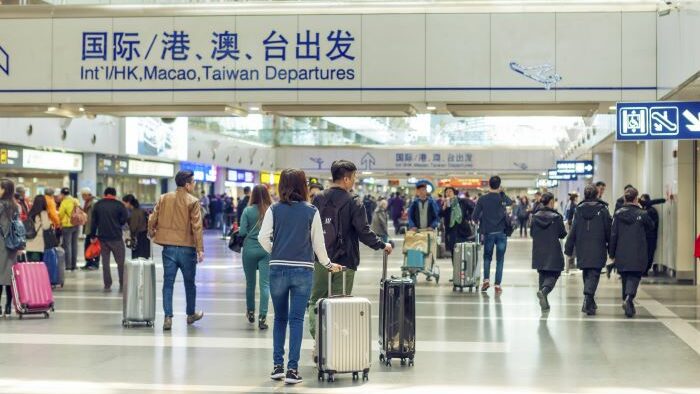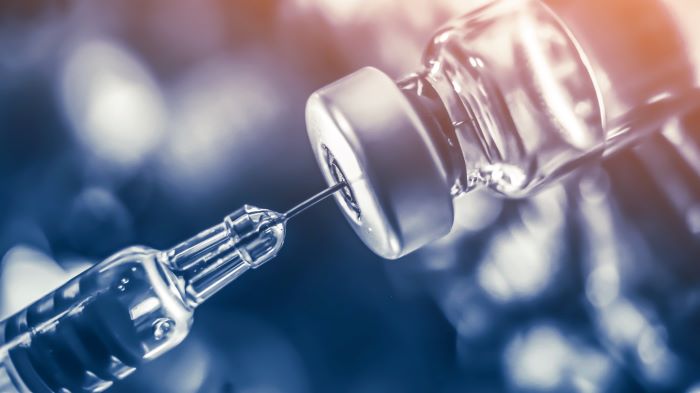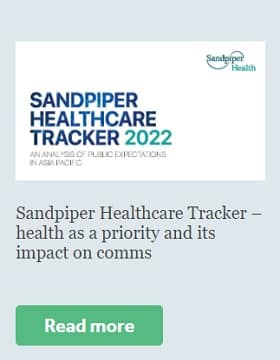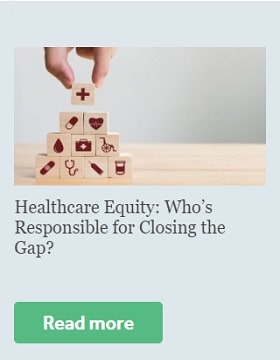
Sandpiper Promotes Kim Spear to Deputy General Manager of its Hong Kong Office

China’s Reopening: What It Means for Asia Pacific and the World
Public Affairs Tracker: Global Vaccine Market Report 2022
January 2023

By Jean Angus, a Director of Sandpiper Health based in Singapore. Jean has 20 years of experience across marketing, journalism and PR. Her areas of expertise include corporate communications, content development, government engagement, patient education, policy development, public health, research, issues and crisis management.
The World Health Organization (WHO) launched its Global Vaccine Market Report 2022 on 9 November 2022. Last published in 2020, this year’s report focuses heavily on the lessons learnt from COVID-19, and its implications for future pandemics. Sandpiper has seen firsthand the important role of public affairs and government relations in supporting clients with their COVID-19 vaccine rollouts across Asia. We take a look at some of the key points raised in the report:
COVID-19 vaccines’ speed to market proves that development of new vaccines against key diseases can be accelerated.
Close collaboration between vaccine developers and regulators moved the COVID-19 vaccines from clinical development to distribution in just 11 months, compared to the industry average of 10 years. The same could theoretically be done for vaccines for other diseases with high burdens such as zika and lassa fever. However, this requires resolving the mismatch between vaccine developers’ commercial priorities and global health priorities identified by the WHO, which has resulted in scant pipelines, slow R&D, and delayed availability.
Resolving supply insecurity is key to meeting global public health needs.
Globally, 10 manufacturers provide 70% of the world’s supply of vaccine doses, accounting for 85% of global value. High-impact vaccines such as those for human papillomavirus and measles, mumps and rubella are made by only a few suppliers with manufacturing bases in a handful of countries, making fast and equitable distribution challenging.
Government investment in vaccine infrastructure and a commitment to attracting private investments, upskilling workforces and developing the local ecosystem will increase the attractiveness of new regional manufacturing sites. Technology transfer programmes such as those by the Developing Country Vaccine Manufacturers Network will also support low- and middle-income countries in acquiring the expertise to manufacture vaccines locally.
Commitment to the greater good is needed to improve vaccine equity.
Despite efforts of COVAX to coordinate global supply and distribution of COVID-19 vaccines, only 12% of total deliveries were done through the facility. The majority of doses have gone to higher-income countries through individual contracts. While several of these countries have engaged in vaccine swap deals to avoid wastage and boost vaccination rates, greater overall commitment to equitable and efficient vaccine distribution is critical for future pandemics.
Better planning by governments will facilitate investments, diversify access to vaccines, promote universal vaccination, and reduce vaccine hesitancy.
On the demand side, governments need to make a strong commitment to a national vaccination agenda, which will enable them to plan and fund vaccination programmes and take advantage of pooled procurement initiatives. Better planning also allows developing countries to take advantage of funding mechanisms such as those by Gavi to increase access to new and underutilised vaccines.
The WHO’s call for a new paradigm in vaccine development and access will necessitate the involvement of every stakeholder within the vaccine ecosystem. As the world increasingly returns to pre-COVID life, it is timely for governments, vaccine makers and non-government organisations alike to reexamine their priorities, find alignment with global public health needs, and leverage this growing emphasis on vaccine equity.




